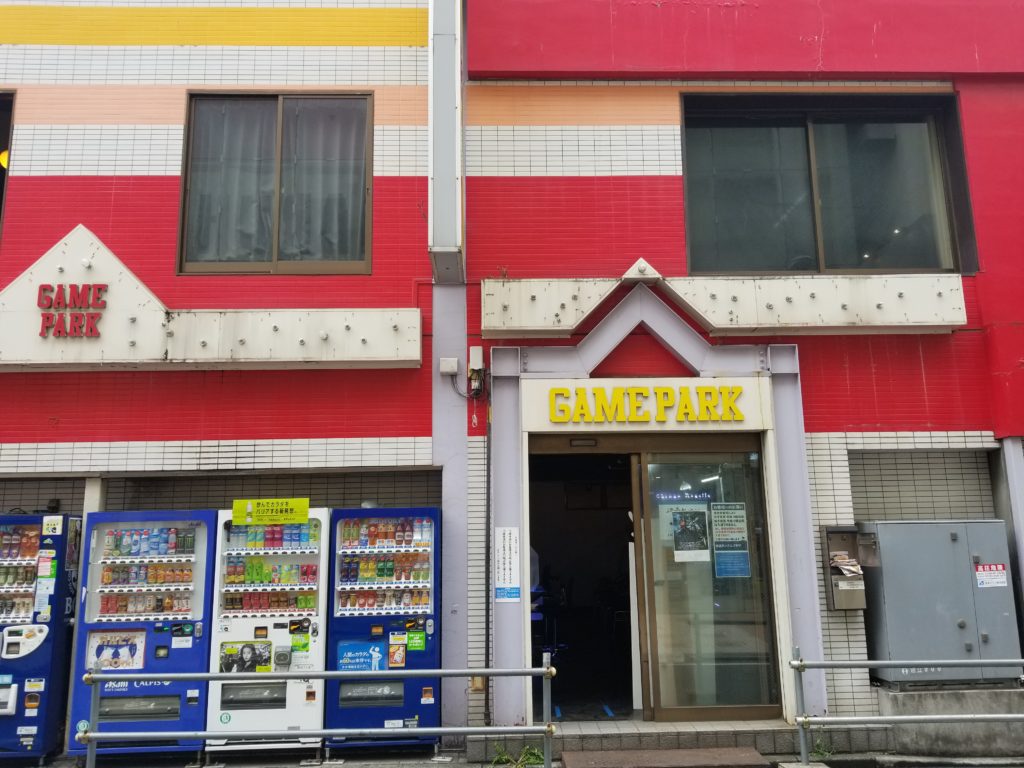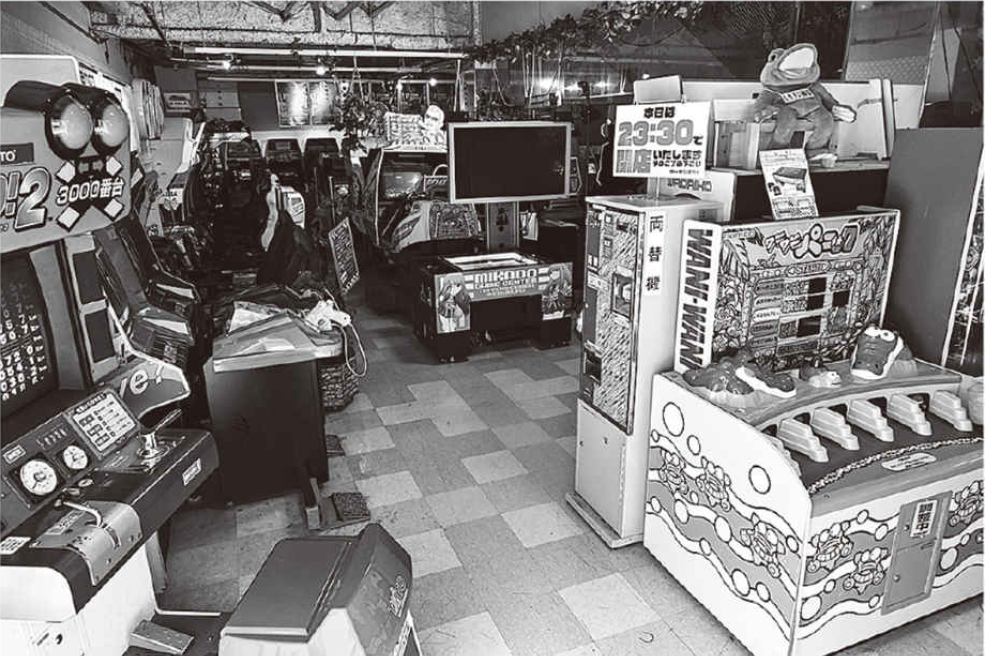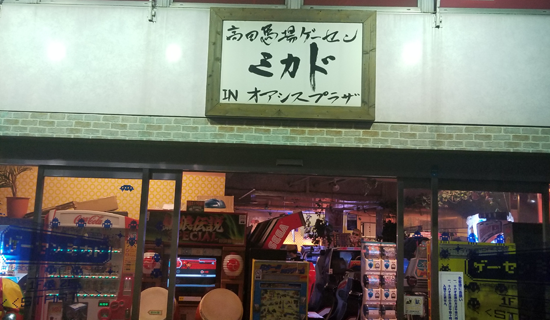Game Center Chronicles: Half a Century of Arcade Games as Seen by the Owner of Mikado
- ゲーセン戦記 ミカド店長が見たアーケードゲームの半世紀
- Written by Minoru Ikeda
- Released 06/08/2023
- Published by Kadokawa
- Purchase on Amazon.co.jp
This is not meant to be a full translation of this work, but rather a book report style summary. I encourage anyone reading this to buy the book at the link above to support Mikado!
Foreword
Ikeda begins his book by stating that privately owned arcades have been on the verge of death since COVID changed everything in 2020, and things just continue to get worse. His own arcades have managed to stay alive through activities such as Internet live streaming, merchandise production, crowd funding, book publishing, and pretty much anything else he can find to keep the lights on.
This book is not only about Ikeda’s own history with arcade games growing up, but also his thoughts on the current state of the industry and how things can potentially be made better. There are many books about arcades, but very few of them are written from the perspective of an owner and operator. He hopes that one day someone will read this and use it to build a completely new type of arcade.
Stage 0: The Legendary Game Center
Ikeda owns and operates three different locations in Japan, but the flagship is Mikado in Tokyo’s Takadanobaba. And as many enthusiasts know, it’s no ordinary arcade: The first floor sports the three-monitor version of Taito’s Darius, Namco’s Metal Hawk, and the sit-down version of Sega’s Power Drift, among other rarities. Going up to the second floor, you’ll find a slew of fighting games, both old and new. Live streams and in-person events are frequently held here, and it’s sometimes rented out magazine shoots or filming TV dramas. Mikado has even been a venue for weddings, fashion shows, and pro wrestling matches. It’s a legendary arcade that opened in 2006.

Having began playing games since the age of 5 during the Space Invaders boom of the late ‘70s, running his own arcade was a dream for Ikeda. He had dropped out of high school and began working in arcades from 19, and joined a company that sold cabinets when he was 21. Ikeda went independent at 30 and started a small business that made game strategy DVDs and soundtracks. When a friend and co-worker said that an old arcade in Shinjuku’s Kabukicho district had gone up for sale, Ikeda somehow managed to scrape together the 6,000,000 yen to buy it. This was Mikado’s original location, and it moved to Takadanobaba in 2009.
But running an arcade isn’t easy. In a time when canned drinks from vending machines have gone from 100 yen to 140 yen, most arcades remain at 50 or 100 yen per play, holding onto the idea that a patron should only need to put a single coin into a machine. Publishers have also massively increased the prices to operate network-based games over time, making the arcade industry one that hasn’t adapted well to modern business practices. And while Mikado has fought against this tide by focusing on retro games and holding regular tournaments, that hasn’t always been enough. 2011’s Tohoku Earthquake and Tsunami thew Japan’s economy for a loop, but Mikado found a way to thrive amidst this national disaster: Holding daily live streams and events to take people’s minds off of the current national situation, they became a place to escape from it all. A 2018 NHK documentary on arcades and the anime adaptation of arcade-focused manga Hi Score Girl also did a lot to bolster their popularity and profits.
But when COVID struck in 2020, Mikado took its biggest hit ever. Being an event-centric business, they had no way of generating revenue when they had to close to temporarily close their doors due to COVID restrictions. Though they continued live streaming, they had no choice but to turn to crowd funding to keep Mikado alive. Their goal was to raise a sum of 20,000,000 yen and ended up with a staggering 37,238,892. Crowd funding also saved them the following year, and they continue to operate as normal. However, the wounds inflicted to arcades by COVID continue to run deep.

